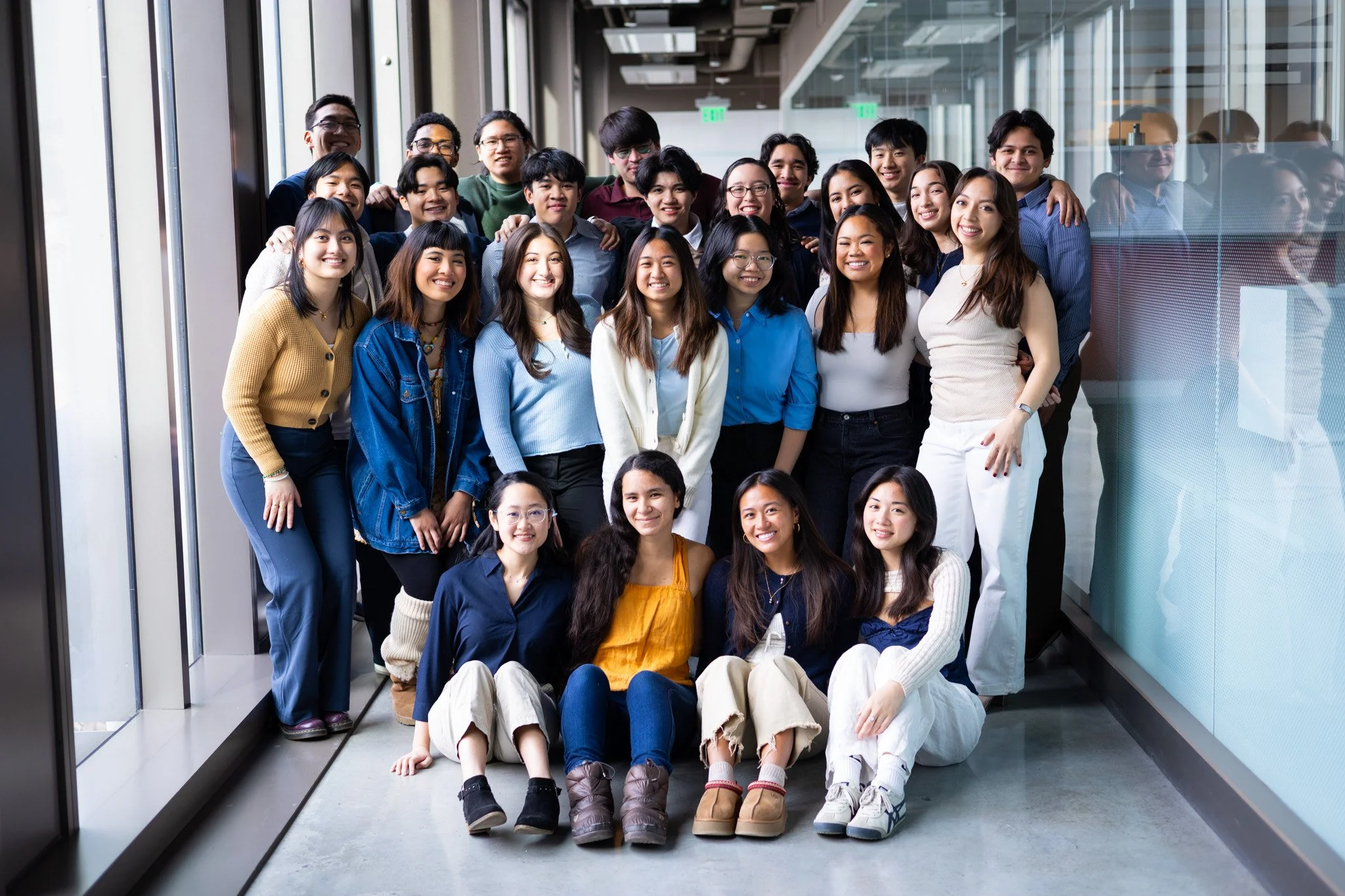Filipino@Brown: A Conversation with Anna Zulueta and Alexa Theodoropoulos
Picture: Board members of Brown University’s Filipino Alliance.
In an blog post for the Association for Asian Studies, Anna Zulueta and Alexa Theodoropoulos engage in dialogue about the legacies of colonization and authoritarian rule, and how in spaces like Brown University, where the absence of Filipino representation persists, linguistic representation and curricular reforms are the first steps in rectifying historical injustices.
“People Power.” Two words. The source of Filipino strength; the source of Filipino silence.
In 1986, these words were chanted along Epifanio de los Santos Avenue (EDSA). Hearts bled with pride; stomps echoed with purpose. These civilian screams heralded the end of the Marcos dictatorship and the dawn of a fragile, hard-won democracy.
Yet, nearly 40 years later, the country—and its diaspora—remain stained by the legacies of colonization and authoritarian rule. On September 21, 2025, Filipinos protested the anniversary of the imposition of martial law—for the corruption it symbolized remains just as insidious decades after its conclusion. Across the U.S., these political atrocities remain absent from public consciousness, despite how historically intertwined it is with American imperial legacies. In spaces like Brown University, where the absence of Filipino representation persists, that silence takes on new forms.
This is the story of Filipino@Brown (Tagalog@Brown), an ongoing campaign for language justice and historical reckoning, told through the voices of student organizers Anna Zulueta and Alexa Theodoropoulos.

